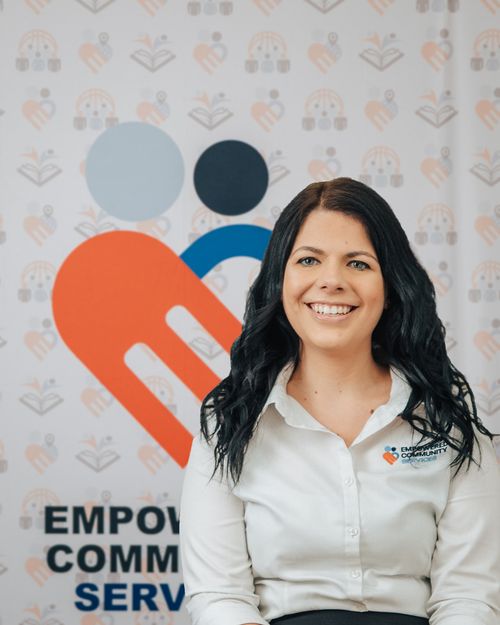This is a great question and one that I hear often – from both Participants and Providers. The truth is… It varies so much! One ‘great’ Support Coordinator could be the perfect fit for one Participant but not so great for another.
In this role, Support Coordinators have the absolute privilege of working with Participants during the best times of their lives but also the hardest. We are often a main point of call when significant issues arise and are a driving force behind getting some outcomes achieved. A great Support Coordinator can identify the level of capacity a Participant currently has and work on methods to increase their capacity.
Side Note on Building Capacity
Be mindful that we are not ‘personal assistants’ or ‘decision makers’ when working with Participants! As part of the Service Agreement and initial intake meeting, boundaries and expectations should be explored and set to ensure that all parties are on the same page. Keep your eyes peeled for an upcoming blog on this topic – there is a lot to say!
Of course, typical things like time management, professionalism, boundaries etc will always come into play to make a good Support Coordinator; but it is the extra things that make a good Support Coordinator a great Support Coordinator.
In my time as a Support Worker, Local Area Coordinator, Support Coordinator, Support Coordination Manager and Friend/Family of Participants I find that experience is the most important aspect of the role. Experience is something that cannot be taught (at least quickly).
Continuous Learning
I would define an experienced Support Coordinator as someone that can understand all aspects of the role from service agreements and NDIS price guides to working in complex situations with Assistive Technology and Supported Independent Living. A great Support Coordinator will ensure that they are constantly up-skilling to be as up to date with the ever-changing world of the NDIS and know the processes back to front so that they are making the best use of Participant funding.
Everyone needs to learn somewhere though, right? Yes!
Webinars, co-workers, forums, and blogs (just like this one) can be excellent sources of information for learning and knowledge.
I LOVE all things NDIS and find that I learn best by doing. So don’t be scared to tag along with a more experienced Support Coordinator within your company to gain additional skills. I have no shame in using my network to reach out for information or assistance – keep in mind that the end goal is Participant outcomes; this is a space for teamwork and two brains are better than one.
NDIS Price Guide
A great Support Coordinator should understand the NDIS price guide well enough that they can be ‘creative’ whilst working within the guidelines. This is so important as there are many times that new plans can come back with slightly different funding than anticipated. Rather than submitting review requests (which can be lengthy and complicated) there may be other ways to get the same outcomes with slightly different funding. I could talk all day about funding categories and all the line items available to us – but I will save this one for another day.
A great Support Coordinator will keep calm during stressful situations. Our role will come across stressful situations. Often it is our job to keep calm and consider possible ways to achieve an outcome. This one absolutely comes with time and experience. However, the best place to start is by contacting your local mental health, housing and equipment providers. (In my opinion) these are the most stressful categories that you will come across in your role. As previously stated, having a network of people that specialise in certain domains will serve you very well.
Typically, these situations will arise on a Friday afternoon when your weekend is about to begin. Having a network of people at your fingertips will absolutely resolve these issues and save you hours of stress/phone calls and allow you and your Participant to feel that sense of success more quickly.
I would love to hear what you think makes a good Support Coordinator? Is there one ‘must have’ on your check list when thinking of great Support Coordinators? Let me know in LinkedIn!
During this blog, I have touched on some topics that I have struggled with during my career. I will be writing some really in depth blogs about some crucial topics surrounding the NDIS and other mainstream services so be sure to follow me for more.
Your guide to hiring
If you are keen to explore the intricacies of Support Coordination, particularly in terms of recruiting a skilled Support Coordinator, we highly recommend perusing our comprehensive 'Guide to Hiring a Support Coordinator.' This guide is designed to ensure that your next hiring decision is the right one, aligning perfectly with your needs and expectations
https://astalty.com.au/ndis-documents/guide-to-hiring-a-support-coordinator](https://astalty.com.au/ndis-documents/guide-to-hiring-a-support-coordinator)

